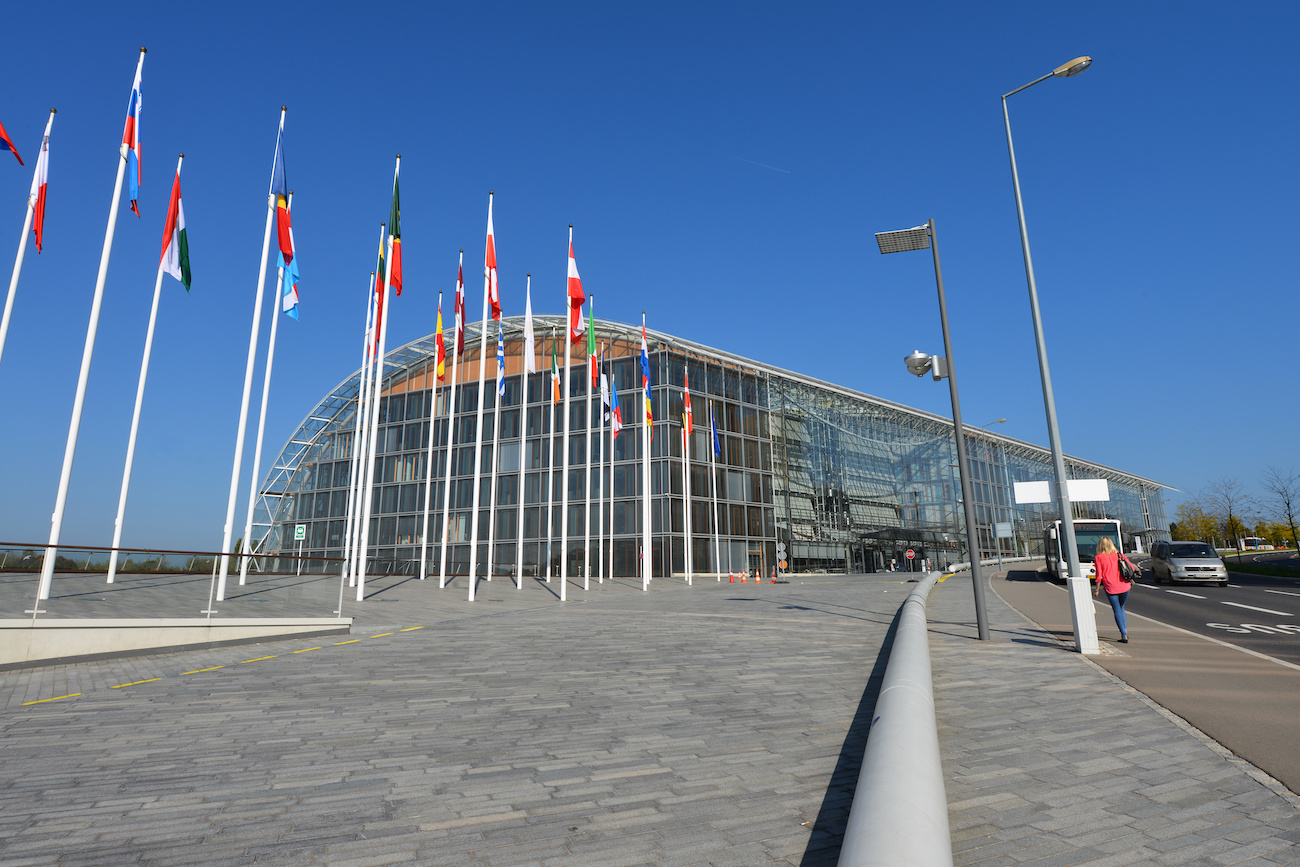« En réponse à la question parlementaire no 3429 de février 2021, Monsieur le Ministre a affirmé que le Gouvernement poursuivra ses efforts afin de consolider et de renforcer la présence des institutions et agences européennes au Grand-Duché. Également, selon le statut de la fonction publique européenne, la Commission devra soumettre au Parlement européen et au Conseil un rapport qui évalue l’évolution du pouvoir d’achat des fonctionnaires de l’Union au plus tard le 31 mars 2022. En 2019, une étude comparative commanditée par la Commission européenne avait déjà constaté un écart du coût de la vie de 10.5% entre le Luxembourg et Bruxelles.
L’attractivité du Luxembourg pour les institutions européennes en tant que lieu de travail est cruciale. Avec nombre d’institutions européennes installées au Grand-Duché, la plus récente étant le Parquet Européen qui a établi son siège au Kirchberg, le Luxembourg est un pôle important dans le développement de la politique européenne. Un manque d’attractivité du pays en tant que lieu de travail, pourrait engendrer des difficultés à trouver et retenir des fonctionnaires. Malheureusement, les prix immobiliers ainsi que le coût de la vie au Luxembourg sont des conditions peu favorables pour les fonctionnaires intéressés.
Dans ce contexte, j’aimerais poser les questions suivantes à Monsieur le Ministre des Affaires étrangères et européennes :
- Est-ce que le gouvernement a poursuivi le dialogue concernant ce sujet avec Monsieur Johannes Hahn, Commissaire Européen au budget et à l’Administration, depuis leur entrevue du 27 octobre 2020 ?
- Dans l’affirmative, quels sont les plus récents développements au sujet de l’attractivité du lieu de travail du Luxembourg ?
- Est-ce que les travaux de rapport de la Commission ont déjà entamé et quelles en sont les premières conclusions ?
- La possibilité d’un coefficient correcteur pour le Luxembourg est-elle toujours discutée ? Quels sont les développements à ce sujet ?
- Quelles initiatives ont été prises jusqu’à présent pour remédier à la situation des fonctionnaires européens au Luxembourg due au taux d’inflation élevé ?
- Combien de fonctionnaires spécialisés ont déjà décliné ou résigné de postes au sein des multiples institutions européennes pour cause de la problématique du coût de la vie pendant les 5 années précédentes ? »
Answer
The Government does not have information as to the state of progress of the report which assesses whether the evolution of the purchasing power of remunerations and pensions of Union civil servants is in line with that of the remunerations of national civil servants in central administrations. On the other hand, the comparative study on the cost of living in Luxembourg and Brussels, commissioned by the European Commission in 2019, found a difference in the cost of living of 10.5% between Luxembourg and Brussels. From the Government’s point of view, this significant difference justifies the pursuit of reflections on potential solutions, including the option of a correction coefficient for Luxembourg, which could be adopted at the level of the European Union to compensate this difference in the cost of living.






